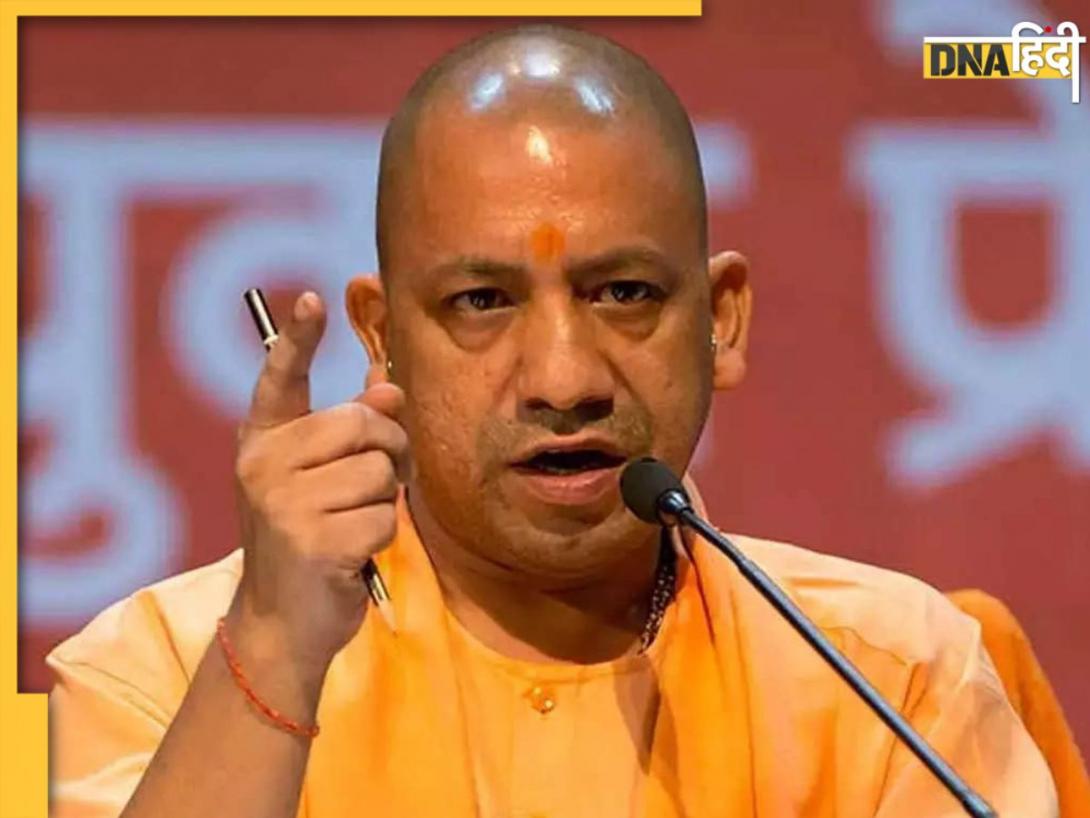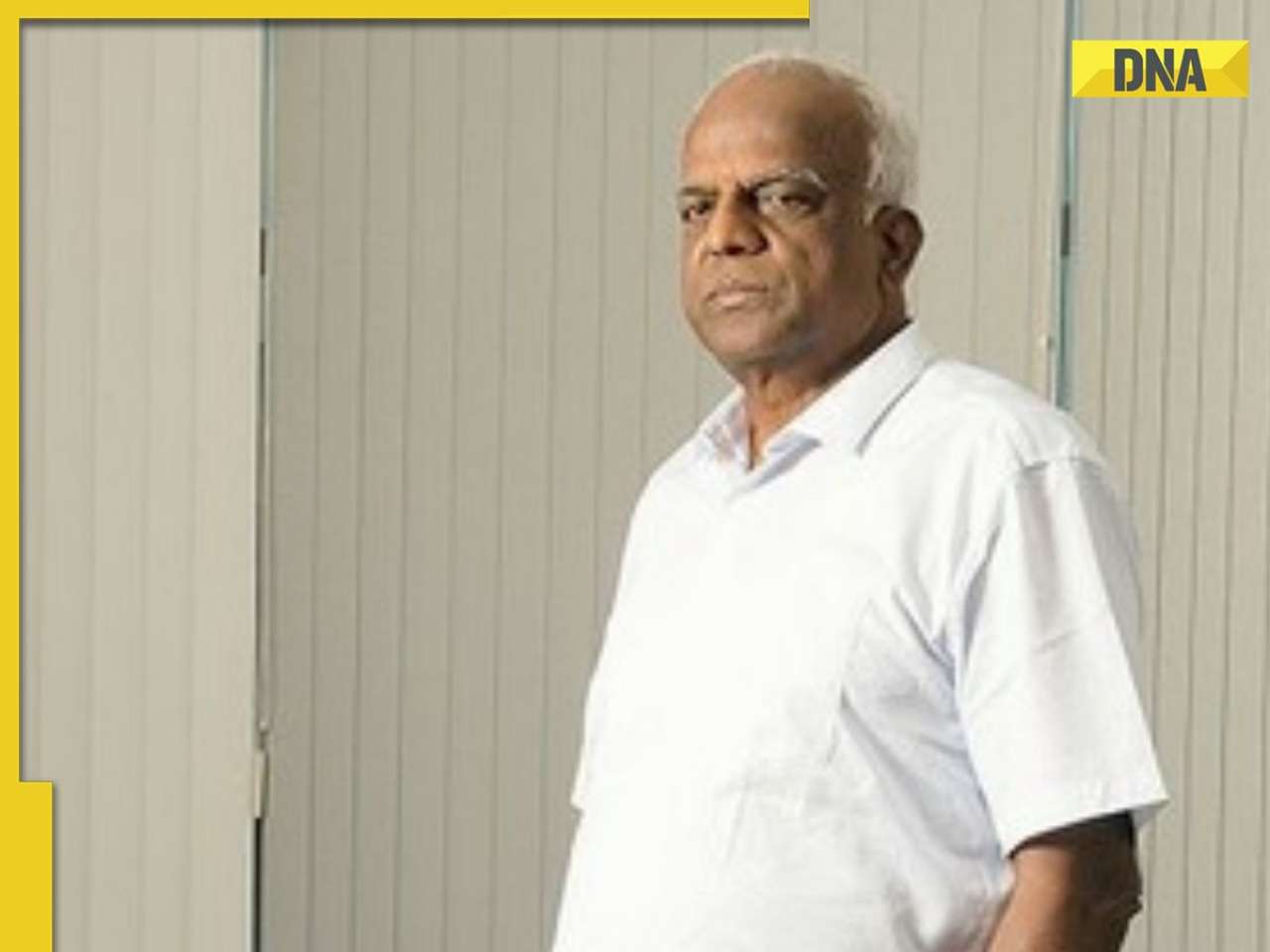- LATEST
- WEBSTORY
- TRENDING
WORLD
Nobel Peace Prize winner who challenged corruption with trees
Wangari Muta Maathai was born on April 1 1940 in the village of Ihithe, near Nyeri, in the central highlands of Kenya.
TRENDING NOW
Wangari Maathai, who died on Sunday aged 71, won the Nobel Peace Prize for encouraging women in rural Kenya to plant trees; from that simple idea sprouted a powerful movement that challenged what she saw as the incompetent, corrupt and often brutal rule of many male-dominated regimes in post-colonial Africa.
Wangari Maathai did not seek to excuse or to forget the legacies of colonialism. But as the decades passed she grew increasingly frustrated with the enduring factionalism and opportunism among the continent's male rulers.
"Fifty years down the road we ought to be doing things differently," she said in an interview recently.
"You cannot blame corruption in Africa on colonialism. You cannot blame [colonialism for] the excessive luxurious lifestyles that African leaders assume. You cannot blame [it for] the mismanagement of the economy or the fact that we have not invested adequately in education. Yes, colonialism was terrible, but we ought to be moving away from that by now."
Inevitably the targets of her wrath struck back, sometimes literally. She was beaten up several times and dismissed as a "crazy woman" when protesting against the policies of the Kenyan dictator-turned-President Daniel arap Moi. Her husband divorced her in the early 1980s, accusing her of adultery.
Wangari Maathai suggested that the real reason was that she was "too educated, too strong, too successful, too stubborn and too hard to control". It was a reputation she did nothing to dispel when the divorce court found against her: she accused the judges of being "either incompetent or corrupt" and was promptly sentenced to six months in jail for contempt (only to be released three days later after she agreed to "apologise").
Her intransigence and activism won her local fame. But she was hardly a household name in Africa, let alone globally, when in 2004 she beat 193 other nominees to win the Nobel Peace Prize. The award prompted expressions of surprise from some, unable to link a campaign to plant trees with "peace", and accusations of tokenism from others.
But Wangari Maathai, who was planting a tree in the shadow of Mount Kenya when told she had won, was clear: "Wars are fought over resources. If we did a better job of managing our resources sustainably, conflicts over them would be reduced. Protecting the global environment is directly related to securing peace."
As for the fact that her movement towards sustainability had a direct impact on the quality of women's lives in Africa, she was equally forthright: "I don't see a distinction between environmentalism and feminism."
Wangari Muta Maathai was born on April 1 1940 in the village of Ihithe, near Nyeri, in the central highlands of Kenya. Her parents were subsistence farmers from the Kikuyu tribe. She was the eldest of six children, and in most families would not have attended school. But one day her elder brother, Nderitu, wanted to know why he had to go to school when Wangari did not. She was soon being taught by Catholic missionary nuns at Loreto Limiru Girls' High School, from which she graduated in 1959.
Her teachers recognised her talent, and recommended her for a scholarship to study in America. In 1964 she obtained a degree in Biological Sciences from Mount St Scholastica College at Atchison, Kansas, then, in 1965, a Masters from the University of Pittsburgh. Her work involved new techniques in tissue processing that were largely unknown in Kenya, and on her return to Africa her expertise was in great demand. She became research assistant to the head of the department of Veterinary Medicine at Nairobi University, where she also taught (on lower pay than her male colleagues) and, in 1971, completed her PhD.
Her activism can be traced to the political ambitions of her husband who, in the early 1970s, decided to run for parliament. His campaigning exposed Wangari Maathai to Kenya's poorest slums, and she began to look for ways to alleviate the suffering she saw.
At first this took the form of an informal employment agency, finding jobs for the very poor in the houses of the well-off. But when this foundered, Wangari Maathai began to focus on the vicious circle that links poverty, hunger, environmental collapse and women's status. She saw how in poor families women scavenged for firewood to cook, eventually wandering further and further from home to find it. As more and more trees are felled, soil erosion leads to desertification; fewer cooked meals, meanwhile, results in malnutrition.
She decided to break this chain of impoverishment, developing a simple tree-planting programme. In 1977 the National Council of the Women of Kenya (NCWK) embraced her idea, initiating what was soon called the Green Belt Movement (GBM). On World Environment Day, June 5 1977, GBM began by planting seven trees in a small park in Nairobi.
It then branched out, offering free seedlings to women across the country. For every tree that survived more than three months (about 80 per cent in fertile areas) the women tending them were paid a few pennies. The more trees they planted, the more they made. As they were encouraged to plant more than they would need for firewood, women were soon able to earn extra from selling the surplus. Not only did the scheme reverse deforestation but, for the first time, many women discovered financial autonomy.
The movement was helped to expand by a small UN grant that allowed it to develop nurseries for its seedlings. Eventually thousands of nurseries were set up across the country. By the early 1990s, offshoots of the campaign were being established in a dozen other countries in sub-Saharan Africa.
But as her status grew, so did the resentment she encountered. Divorced, and frozen out of her job at Nairobi University after trying to run for parliament (she was banned from standing), Wangari Maathai refused to bow down.
In 1989 President Moi announced a plan to build a 62-storey skyscraper and office complex, complete with a statue of himself, in Uhuru Park, one of the few green spaces in central Nairobi. Wangari Maathai immediately began rallying opposition to the "park monster"; Moi retaliated that it was "un-African and unimaginable for a woman to challenge or oppose men" and ordered the GBM out of its offices. But foreign investors soon took fright at the negative publicity and the project was shelved.
From that time on Wangari Maathai turned to political activism on many fronts - calling for multiparty democracy and intertribal reconciliation, and campaigning with women who claimed their sons were the victims of wrongful arrest.
She was finally elected to Kenya's parliament in 2002, and subsequently nominated deputy minister for the environment. Then came the Nobel Prize. In 2006, with the United Nations, she launched a new "billion tree" campaign, which met its target within a year; today almost 12 billion trees have been planted under its auspices.
Wangari Maathai received a host of awards, including Japan's Order of the Rising Sun, the Legion d'honneur and the Nelson Mandela Award for Health and Human Rights; she received honorary doctorates from Yale University, Ochanomizu University in Japan, and the University of Norway, among others.
She wrote four books: The Green Belt Movement: Sharing the Approach and the Experience (2003); The Challenge for Africa (2008); Replenishing the Earth: Spiritual Values for Healing Ourselves and the World (2010); and an autobiography, Unbowed (2006). Last year she founded the Wangari Maathai Institute for Peace and Environmental Studies.
She is survived by her son and two daughters, one of whom, Wanjira, works for GBM.








)
)
)
)
)
)
)
)
)
)
)
)
)
)
)


























































